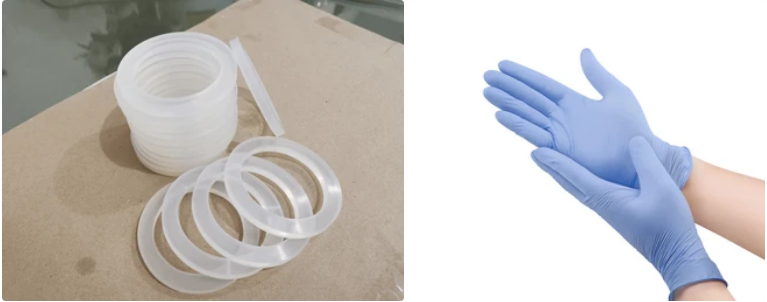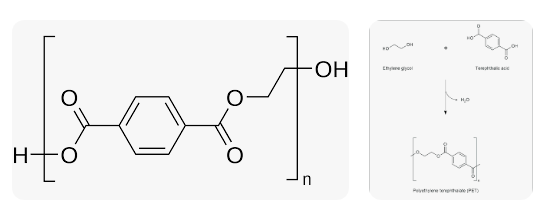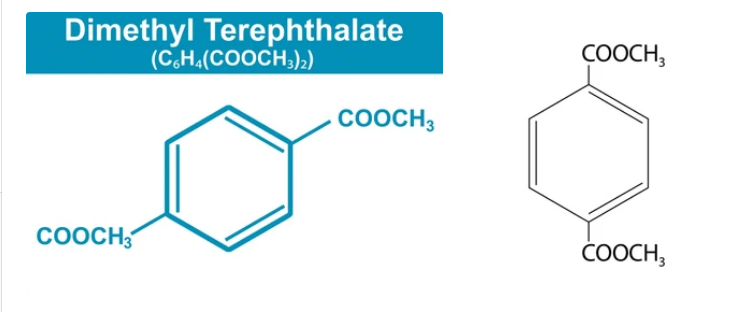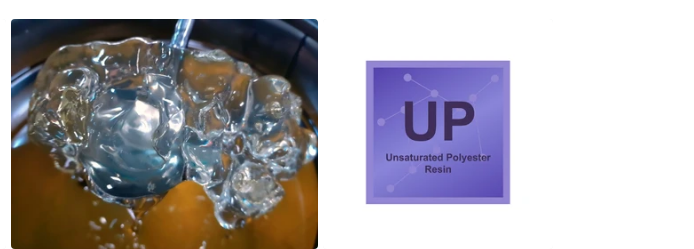Amidst the bustling heart of commerce in India, Mumbai, emerges a luminary in the chemical domain – Mumbai Chemical. As the quintessential hub for Nitrile Rubber, Mumbai Chemical has carved a niche, presenting an amalgamation of technology, innovation, and quality.
CAS Number: 9005-98-5
Molecular Formula: (C4H6)n
Product Description
Mumbai Chemical’s Nitrile Rubber is a splendid synthetic copolymer crafted from acrylonitrile and butadiene. Renowned for its resistance against oils and extreme temperatures, it stands as a beacon for myriad applications across diverse industries.
Usage & Applications
Nitrile rubber, also known as NBR (acrylonitrile butadiene rubber), is a versatile synthetic rubber with a wide range of applications across various industries. It is known for its excellent resistance to oil, fuel, chemicals, and solvents, as well as its durability and flexibility. This report explores the applications and uses of nitrile rubber in different sectors, covering its properties, processing methods, and advantages in each application.
1. Automotive Industry: Nitrile rubber is extensively used in the automotive sector due to its resistance to oils, fuels, and other automotive fluids.
- Seals and Gaskets: Nitrile rubber is commonly used for manufacturing seals, gaskets, and O-rings in engines, transmissions, and hydraulic systems.
- Hoses and Tubing: Nitrile rubber is used in the production of hoses and tubing for fuel lines, coolant systems, and hydraulic applications.
- Gaskets: Nitrile rubber gaskets are used in engines and other automotive components to prevent leaks and ensure proper sealing.
2. Industrial Machinery: Nitrile rubber’s resistance to oils and chemicals makes it valuable in industrial machinery applications.
- Seals and O-Rings: Nitrile rubber seals and O-rings are used in industrial equipment, machinery, and pipelines to prevent leaks and contamination.
- Vibration Dampening: Nitrile rubber is used for shock mounts, bushings, and other vibration-dampening components in industrial machinery.
3. Oil and Gas Industry: The oil and gas sector relies on nitrile rubber for its resistance to hydrocarbons and harsh environments.
- Downhole Equipment: Nitrile rubber components are used in downhole drilling equipment, wellhead seals, and other applications where resistance to oil and gas is essential.
- Pipelines: Nitrile rubber gaskets and seals are used in pipelines and storage tanks to maintain integrity and prevent leaks.
4. Aerospace and Aviation: Nitrile rubber’s resistance to aviation fluids makes it suitable for aerospace applications.
- Aircraft Seals: Nitrile rubber is used for seals, gaskets, and O-rings in aircraft engines, hydraulic systems, and fuel systems.
- Aviation Fuel Hoses: Nitrile rubber hoses are used to transport aviation fuels due to their resistance to Jet A and other aviation fluids.
5. Medical and Healthcare: Nitrile rubber is used extensively in the medical sector for its hypoallergenic properties and resistance to chemicals.
- Medical Gloves: Nitrile rubber gloves are widely used in medical and healthcare settings as an alternative to latex gloves due to their hypoallergenic nature and resistance to chemicals.
- Medical Tubing: Nitrile rubber tubing is used in medical devices and equipment for fluid transport and applications requiring chemical resistance.
6. Personal Protective Equipment (PPE): Nitrile rubber is a vital component of various personal protective equipment.
- Chemical Resistant Gloves: Nitrile rubber gloves are used in industrial and laboratory settings for protection against chemicals, oils, and solvents.
- Goggles and Face Shields: Nitrile rubber is used in the production of goggles and face shields for protection against chemical splashes and hazardous substances.
7. Food Processing and Handling: Nitrile rubber is used in the food industry for its resistance to oils and fats.
- Food Handling Gloves: Nitrile rubber gloves are used in food processing and handling to prevent contamination and maintain hygiene.
- Conveyor Belts: Nitrile rubber is used in conveyor belts for food transportation due to its resistance to oils and greases.
8. Mining and Construction: Nitrile rubber is utilized in mining and construction applications for its durability and resistance to abrasion.
- Mining Hoses: Nitrile rubber hoses are used for transporting abrasive materials, slurry, and water in mining operations.
- Construction Seals: Nitrile rubber seals and gaskets are used in construction machinery, vehicles, and equipment for their durability and sealing properties.
9. Marine and Offshore Industry: Nitrile rubber’s resistance to seawater and harsh marine environments makes it valuable in maritime applications.
- Marine Seals: Nitrile rubber seals are used in marine equipment, offshore platforms, and vessels to prevent water ingress and maintain sealing integrity.
- Boat Fenders: Nitrile rubber is used in boat fenders and bumpers for their durability and ability to withstand harsh marine conditions.
10. Agriculture: Nitrile rubber is used in various agricultural applications.
- Agricultural Hoses: Nitrile rubber hoses are used in agriculture for irrigation, water transport, and chemical applications due to their resistance to chemicals and UV radiation.
- Sprayer Components: Nitrile rubber components are used in agricultural sprayers for their resistance to agricultural chemicals.
11. Consumer Goods: Nitrile rubber is present in everyday consumer products.
- Footwear: Nitrile rubber outsoles provide slip resistance and durability for various types of footwear, including work boots and safety shoes.
- Household Products: Nitrile rubber is used in various household items, such as gloves for cleaning, gardening, and dishwashing.
nitrile rubber (NBR) is a versatile synthetic rubber with a wide range of applications across various sectors. Its exceptional resistance to oils, fuels, chemicals, and solvents, combined with its durability and flexibility, makes it a valuable material in automotive, industrial, oil and gas, aerospace, medical, PPE, food handling, mining, marine, agriculture, and consumer goods applications. As industries continue to evolve and emphasize performance, safety, and sustainability, the applications of nitrile rubber are likely to expand further, solidifying its role as an essential material in modern manufacturing and technology.
Product Parameters
Grade Standard: Ranges from the robust Commercial Grade to the pristine Industrial Grade.
Certification: ISO 9001, REACH certified, and in alignment with Indian Industrial Standards.
Purity: A consistent hallmark of over 98%.
Appearance: Solid, typically white to pale yellow.
Specifications
- ACN Content: Adapted to fit diverse requirements.
- Elongation: Maintained at elite levels to ensure top-tier elasticity.
Our Advantages
- Legacy: A rich history intertwined with Mumbai’s commercial growth.
- Technological Prowess: Melding traditional know-how with modern methodologies.
- Eco-centric Approach: Prioritizing sustainability in all endeavors.
Production Capacity
A formidable annual production capacity, touching an astounding 1 million metric tons, satiating local and international demands.
Quality Control
An exhaustive QC regimen, upholding the highest international standards for every batch dispatched.
Customization
Offering bespoke solutions, ensuring a perfect match for diverse client requirements.
Company Info
Plant Area: An expansive setup sprawling over 5 million square meters, symbolizing infrastructural excellence.
Import & Export Mode: A smooth, efficient model poised for global supply chain management.
Nearest Port: Mumbai’s iconic Jawaharlal Nehru Port Trust (JNPT), ensuring seamless maritime logistics.
Packing & Physical Properties
- Packaging: Environment-friendly, robust packaging ensuring product’s pristine condition.
- Density: Consistently surpassing industry benchmarks.
STORAGE
Featuring state-of-the-art warehouses, meticulously designed to safeguard the product’s integrity across diverse conditions.
Quality Inspection
Third-party quality assessments, maintaining a consistent high-quality bar.
Quotation & Payment
Transparent and competitive pricing, with a diverse range of globally accepted payment modalities.
Global Footprint
While Mumbai Chemical holds its roots deep within Indian soil, its influence spans across global hubs such as Dubai, Paris, London, New York, Sydney, Tokyo, and more.
Mumbai Chemical isn’t just a company; it’s a legacy, a testament to India’s prowess in the Nitrile Rubber sector. As we stand on the precipice of the future, Mumbai Chemical reiterates its commitment to innovation, sustainability, and quality, aspiring to cater to the evolving needs of a global clientele.
For inquiries and orders, please get in touch with us at Email-
mail @ mumbaichemical.com









